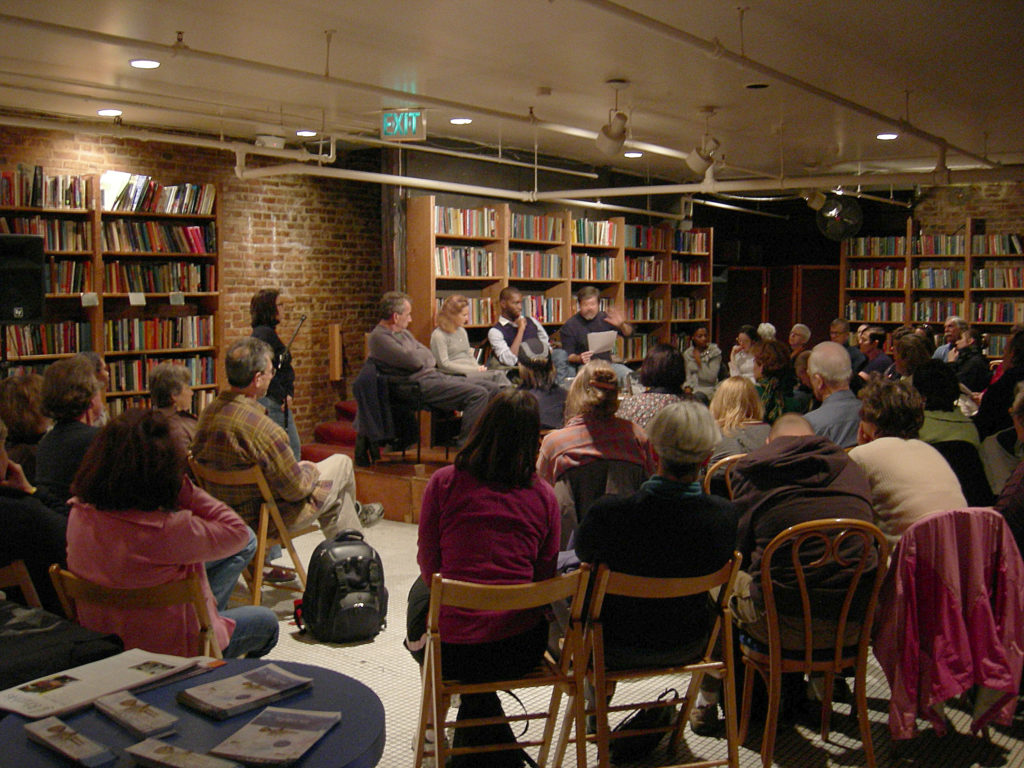10 Questions Every Author Should Be Ready To Answer
I recently attended a book reading, during which a member of the audience posed a simple question to the author: “What inspired you to write this book?”
At least I thought it was a simple question. But the author’s long, unfocused, and hesitant answer made clear to the audience that he had never before considered the question.
That author is far from alone. Too often, writers—who are immersed in the smallest details of their characters’ lives for years—are unable to zoom out and offer succinct responses to broad (and entirely predictable) questions from the media and the public.
The ten questions below are intended to help you prepare for the queries you’ll most likely face during book readings, speeches, and media interviews.
Practice your responses to these questions in advance, keeping each of your answers to no longer than one minute. And when possible, include a brief anecdote in your responses, as author Michael Wallis did masterfully during this media appearance.
1. What inspired you to write this book? This question (or its relative, “Why did you write this book?”) is one of your best opportunities to sell your book. Take the time necessary to create a tight response—and avoid the fate of Ted Kennedy, whose blown answer to the straightforward question “Why are you running for president?” doomed his 1980 presidential bid.
2. Can you tell me about the book? This open-ended question is a wonderful gift that offers you an easy opportunity to enthrall your audience. Don’t squander it by reciting the copy on the back of your book jacket—infuse your answer with life by describing not only the “what” of your book, but the “why” that places it into a larger context. (Read more about the “why + what” here.)
3. What did you learn when writing the book?
4. What surprised you the most?
5. What does the title mean? Some titles are self-explanatory. But be prepared to discuss your book’s title if its meaning is less obvious (e.g. “What Color is Your Parachute?”).
NON-FICTION
6. What did the subject(s) of the book think of it? Audiences love “behind-the-scenes” details that didn’t make it into your book. This question is a great opportunity to peel back the curtain and allow them to feel like insiders.
7. What are the subject(s) doing now? Or, for certain types of books (such as history titles), “What ended up happening?”
8. Did the book make you like the subject(s) more or less? Also anticipate similar questions, such as, Did you find yourself more or less sympathetic toward the subject(s)? Do you understand the subject(s) better now?
FICTION
9. Was the character inspired by a real person? If so, who?
10. What do you think happened to the characters after the book ended? Some authors refuse to answer this question because they want their book to leave some unanswered questions. That’s fine—but instead of simply refusing the question, deflect it and then say something about the characters you are willing to share. Also, be ready for the related question, “Do you miss the characters?”
Brad Phillips is the author of the new book, The Media Training Bible: 101 Things You Absolutely, Positively Need to Know Before Your Next Interview.
(Photo Credit: Joe Mabel, Wikimedia Commons)



